Kia's Diesel Mild Hybrid Could Be Scuttled Thanks to Dieselgate
Korean automaker Kia is considering putting aside its planned diesel-engine mild hybrid program as emissions regulations become tighter and Volkswagen’s Dieselgate has heightened scrutiny of diesel engines.
Albert Biermann, Kia’s performance development chief, told British publication Autocar it’s becoming more difficult to support the development of the more costly diesel engine as emissions regulations become increasingly tougher.
“The research project is still going on,” Biermann told Autocar, “but the cost of electric motors and batteries in a hybrid is already significant. The question is whether it is really necessary to throw in a more expensive diesel engine.”
The project was introduced with the Optima T-Hybrid concept shown at the 2014 Paris motor show.
The mild hybrid system combined Optima’s 134 horsepower 1.7-liter four-cylinder CRDi turbodiesel engine with a five horsepower electric motor, a 48-volt lead-carbon battery and an electric supercharger.
SEE ALSO: All-New 2017 Kia Niro Hybrid Crossover Has 50 MPG Goals
A belt-driven starter generator, which replaces the conventional alternator, can start the car with zero emissions.
At the time, Kia said the electric supercharger, which works alongside the existing turbocharger, pushed horsepower to 168 and boosted torque from 239 pounds-feet to 280.
A lead-carbon battery was chosen over the more conventional lithium-ion units because they require little cooling and can be easily recycled.
Kia estimated that a production version would be able to cut the emissions and fuel consumption of any car it was fitted to by 15-20 percent.
The diesel engine may not be used as part of the mild hybrid system, but the research and development won’t be wasted. Biermann suggested the hybrid system could be re-engineered to work with a gasoline engine.
“We also have a very efficient Atkinson-cycle gasoline engine, so I think that is the good choice here,” he said.
[Source: Autocar]
This article originally appeared on Hybridcars.com
More by Larry E. Hall



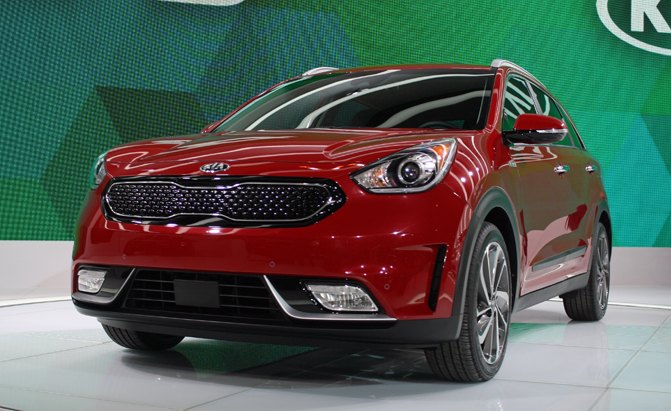
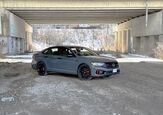



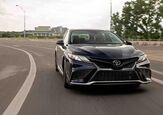





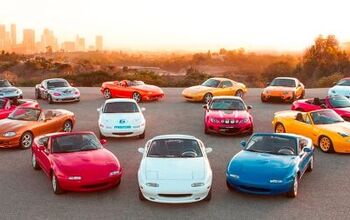


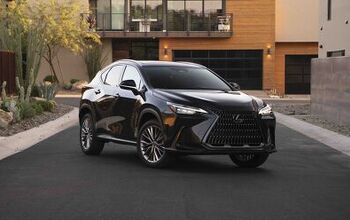

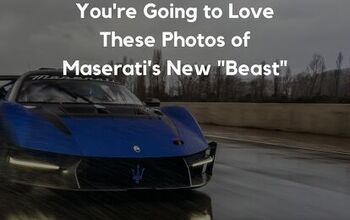
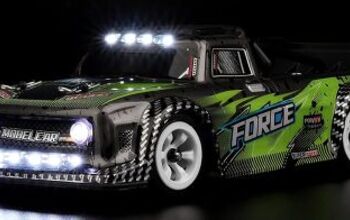
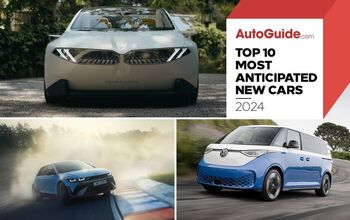

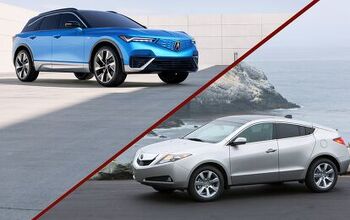
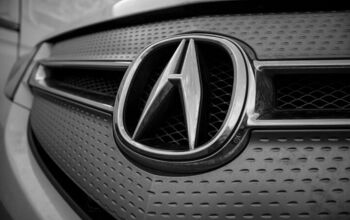
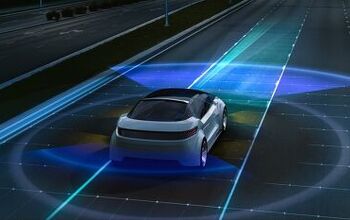
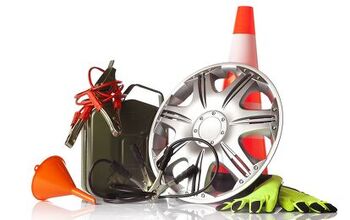
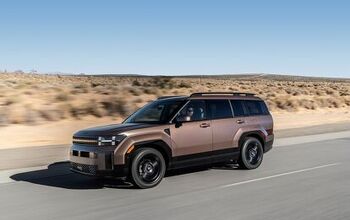
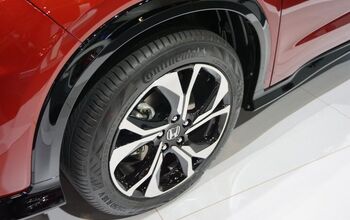
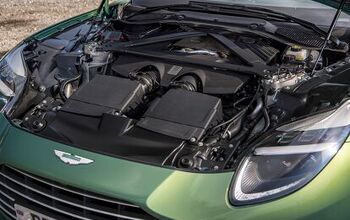
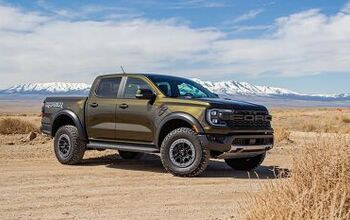
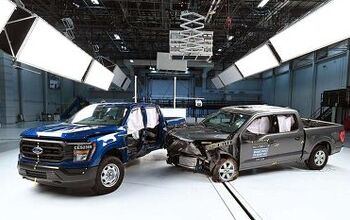
Comments
Join the conversation